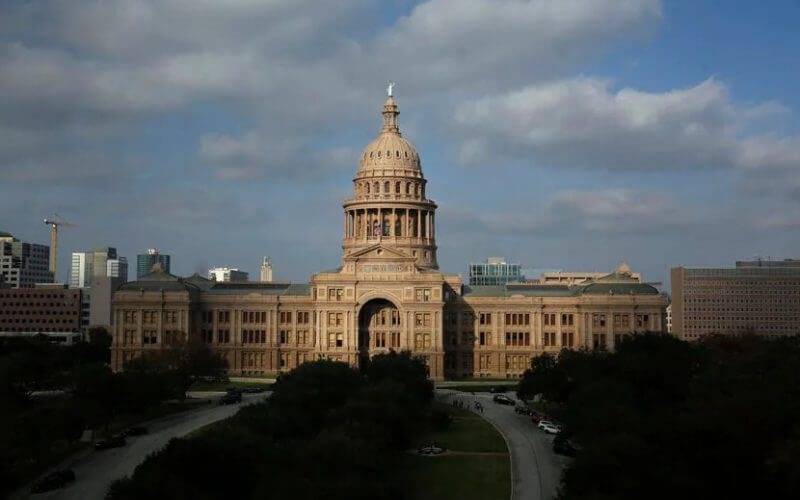By: Bethany Blankley | The Center Square
The Texas Comptroller’s Office has updated its list of companies with scrutinized business operations in Iran.
Comptroller staff evaluates companies and their operations to determine if they comply with Texas Government Code Chapter 2270, which prohibits state governmental entities from contracting with listed companies and requires state and local governments to divest any and all investments from them.
“I am proud of the work we have done to ensure Texas tax dollars do not go to companies supporting the brutal, authoritarian regime in Iran, a regime which has provided material support to organizations like Hamas and Hezbollah,” Comptroller Glenn Hegar said. “Recent geopolitical events have made this work more important than ever, and I am grateful to the Texas Legislature for entrusting me with this crucial responsibility.”
The companies on the list include: Beiqi Foton Motor Company Limited, China Railway Group Limited, Chongquing Changan Automobile Company Limited, Glencore PLC, Haima Automobile Group Company Limited, Hyundai Motor Company, Indian Oil Corporation Limited, Lloyds Banking Group PLC, Norinco International Cooperation Limited, Renault SA, Sinopec Engineering Group Co, LTD, Vodafone Group PLC, and Zhejiang Shibao Company Limited.
Last month, Hegar added five companies to the state’s divestment list for advancing ESG, anti-oil and natural gas policies.
He also recently reminded businesses about Texas’ boycott Israel list after the terrorist organization Hamas attacked Israel. Hamas is one of 74 designated foreign terrorist organizations (FTOs) on Texas’ FTO divestment list.
The Comptroller’s office has identified hundreds of entities, organizations, and companies that are prohibited from state investments:
- Companies that Boycott Israel
- Designated Foreign Terrorist Organizations
- Scrutinized Companies with ties to Foreign Terrorist Organizations
- Financial Companies that Boycott Energy Companies
- List of Financial Companies that Boycott Energy Companies FAQ
- Scrutinized Companies with ties to Iran
- Scrutinized Companies with ties to Sudan
State governmental entities subjected to the investment prohibitions and divestment requirements, according to state statute include: Employees Retirement System of Texas, Teacher Retirement System of Texas, Texas Municipal Retirement System, Texas County and District Retirement System, Texas Emergency Services Retirement System and the Permanent School Fund as well as political subdivisions.
In 2017, the Texas Legislature passed SB 253, which Gov. Greg Abbott signed into law, to amend state law expanding divestment prohibition provisions. Existing law prohibiting investment in Sudan was expanded to include Iran. The law also expanded prohibitions on the investment of public money to include companies with certain business operations with Foreign Terrorist Organizations. This year, the legislature passed another bill, which Abbott signed into law, designating Mexican cartels as FTOs for the first time in state history.
The list is regularly updated. When state government entities receive an updated list, they are required by law to notify the Comptroller's office within 30 days if any of their holdings are invested in any of the listed companies. By no later than Jan. 5 every year, they’re also required to submit a report to the Texas Legislature and attorney general’s office identifying all securities sold, redeemed, divested or withdrawn in compliance with state law.









